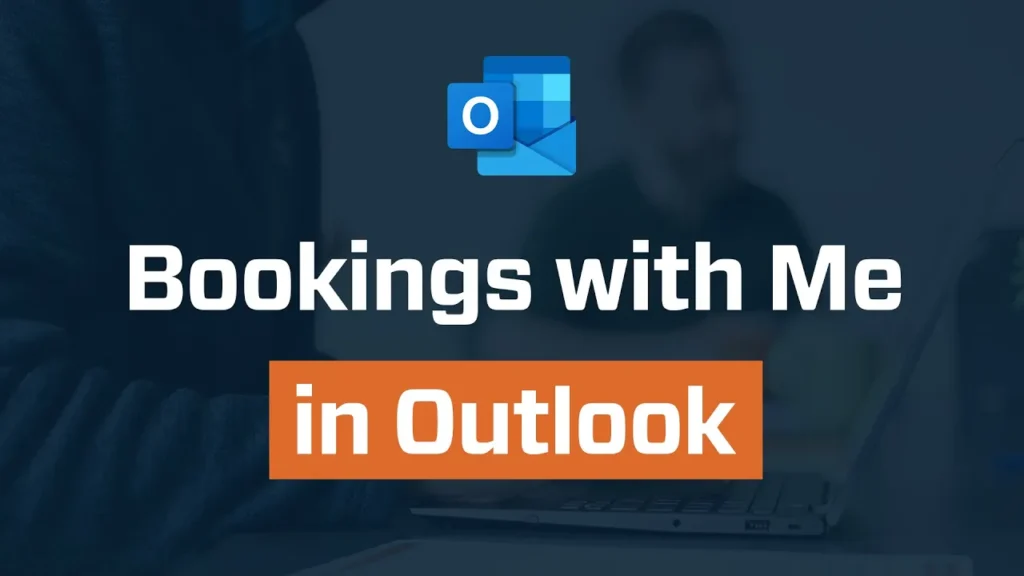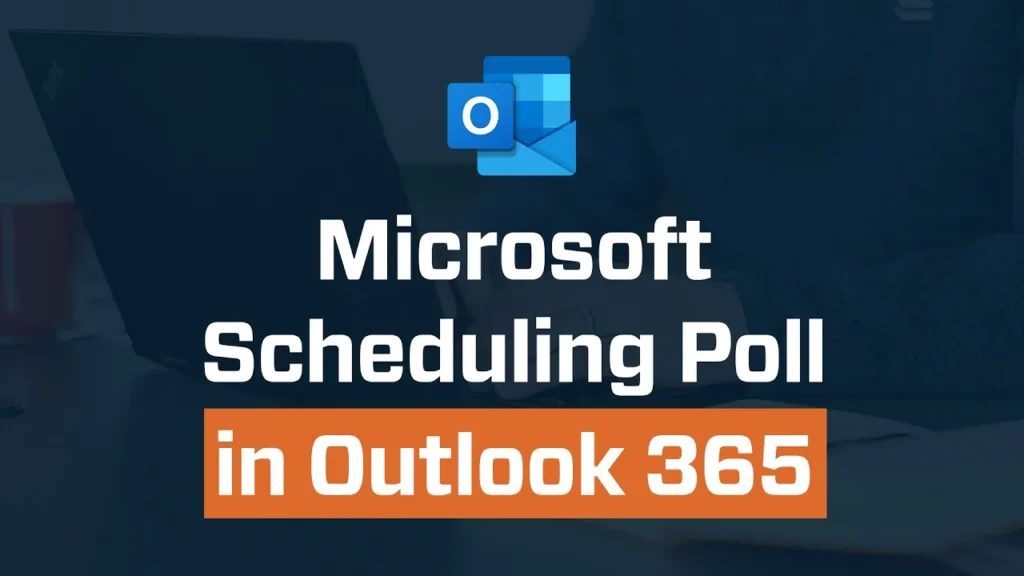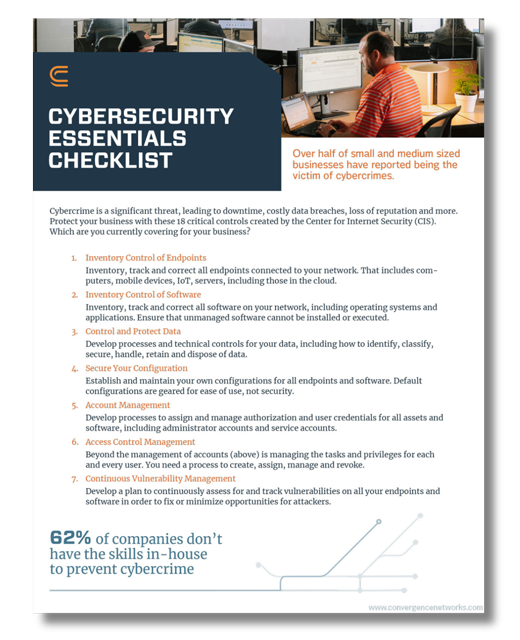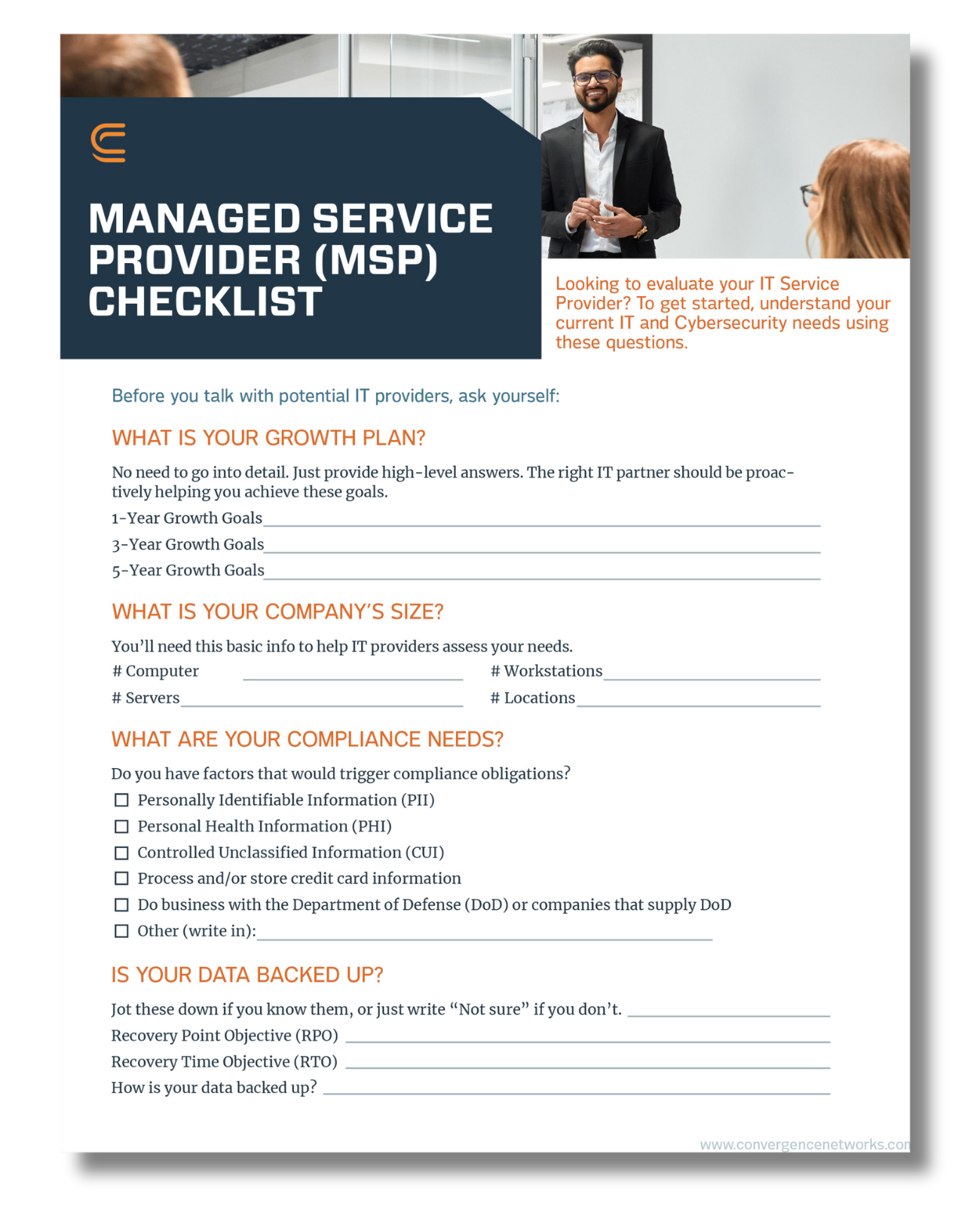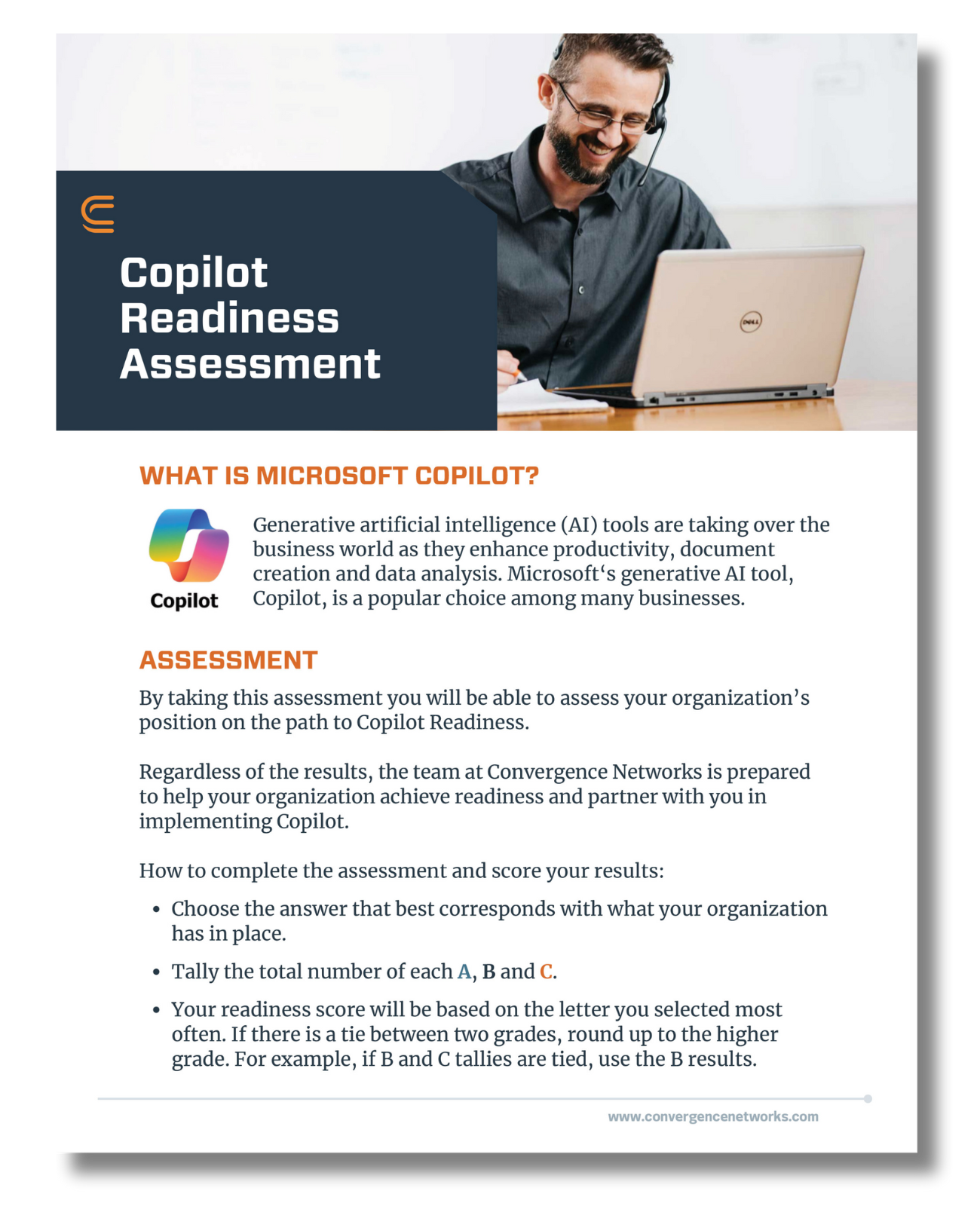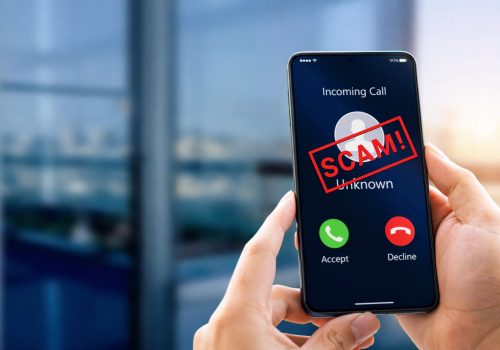Microsoft Copilot is revolutionizing productivity by seamlessly integrating AI into popular Microsoft 365 applications. However, with the advancement of AI comes the need for clarity on how it works, how it ensures data security, and how businesses can make the most of this powerful tool. Below are answers to some frequently asked questions about Microsoft Copilot
What is Copilot for Microsoft 365?
Copilot for Microsoft 365 is an AI-powered assistant integrated into the core Microsoft 365 apps, including Word, Excel, Teams, and Outlook. It helps users automate tasks like drafting emails, summarizing documents, and taking meeting notes. Copilot can also assist with data analysis and more, providing personalized insights based on your work habits.
Is Copilot free with Office 365?
No, Copilot for Microsoft 365 is not free with a standard Microsoft 365 subscription; it requires a separate, paid license.
Can Copilot integrate with various Microsoft applications and services?
Yes, Copilot seamlessly integrates with a wide range of Microsoft applications, such as Word, Excel, Teams, PowerPoint, OneDrive, and Outlook. This integration provides a consistent and unified experience, enabling users to access Copilot’s features across all their favourite Microsoft tools and enhance productivity with AI-driven assistance.
Watch our videos below to see how Copilot works with other Microsoft applications
How well does Copilot integrate with SharePoint and OneDrive?
Copilot works seamlessly with SharePoint and OneDrive by accessing, analyzing, and editing the documents stored within these platforms. Copilot focuses on helping users quickly summarize content, draft updates, and pull relevant insights from existing files. This makes it easier to work with the content you already have, whether it’s stored in a team site, a shared library, or your personal OneDrive.
How reliable is it as an assistant tool, specifically with appointments and drafts editing?
Copilot is a helpful assistant for everyday tasks, especially when it comes to managing appointments and drafting content. It can suggest meeting times in Outlook based on availability and context, and it helps streamline document creation by offering summaries, suggestions, and draft content in Word and other apps. That said, like any AI-powered tool, Copilot may occasionally produce content that’s incomplete or inaccurate. It’s important to review and verify anything it generates to ensure the final output meets your expectations and business standards.
How easy is it to share content generated by Copilot? Can meeting notes, recordings, and other outputs be easily accessed and distributed?
Sharing content generated by Copilot is simple. Meeting notes, documents, and other outputs can be easily accessed with those with pre-existing permissions and distributed through all integrated Microsoft 365 tools like Teams, Outlook, and SharePoint. This ensures that all relevant stakeholders can stay informed and collaborate effectively when needed.
How does Copilot ensure the privacy and security of my data? What measures are in place to protect sensitive information?
Copilot follows strict privacy and security protocols to protect sensitive information. It complies with existing privacy, security, and compliance commitments, including GDPR and EU data boundary regulations. Copilot does not store data externally and operates within your organization’s tenant. Additionally, it encrypts data in transit and at rest, providing a secure environment for all interactions.
What data does Copilot have access to if Microsoft Purview is not set up? How can businesses manage permissions and safeguard company intellectual property?
Microsoft Purview helps keep your organization’s data safe with a range of integrated data security, governance, and compliance solutions. But if Microsoft Purview is not set up, Copilot will still function, but businesses may want to review permissions carefully. Copilot accesses data from within your Microsoft 365 environment, so ensuring proper data governance practices, such as configuring user access rights, is crucial for safeguarding company intellectual property. Speak with your VCIO or administrator to obtain help reviewing any excessive internal permissions, overshared content externally or setup labelling & DLP, helping you prioritize your most critical data risks.
Where are AI-generated meeting recordings stored?
AI-generated meeting recordings are stored within the respective platforms’ storage solutions. For Microsoft Teams, recordings are stored in OneDrive or SharePoint.
What options are there to set retention policies regarding these files?
Microsoft offers flexible retention policy options through the Microsoft 365 compliance center. You can set policies that determine how long AI-generated files such as meeting recordings and documents are retained. These policies can be customized based on file type, user role, or even the sensitivity of the content.
If a meeting is hosted by someone outside our organization, and an AI note-taker is used, does that file then exist only on the host’s system?
If a meeting is hosted by someone outside your organization and an AI note-taker is used, the file typically resides on the host’s system. However, participants can request access or copies of the notes and recordings, depending on the host’s sharing settings and permissions.
What are the legal implications of AI-generated meeting records? How should businesses update records retention policies to account for AI-created content and Teams chat logs?
The legal implications of AI-generated meeting records revolve around compliance and data retention. Businesses should review and update their records retention policies to ensure they address AI-created content, such as meeting notes and Teams chat logs. This includes updating how long records are kept, when they can be deleted, and who has access to them, especially in the context of potential litigation.
If you have questions about implementing Copilot or ensuring your Microsoft 365 environment is secure and optimized, we’re here to help. Contact us today to discuss how Copilot can support your business while keeping your data protected.







